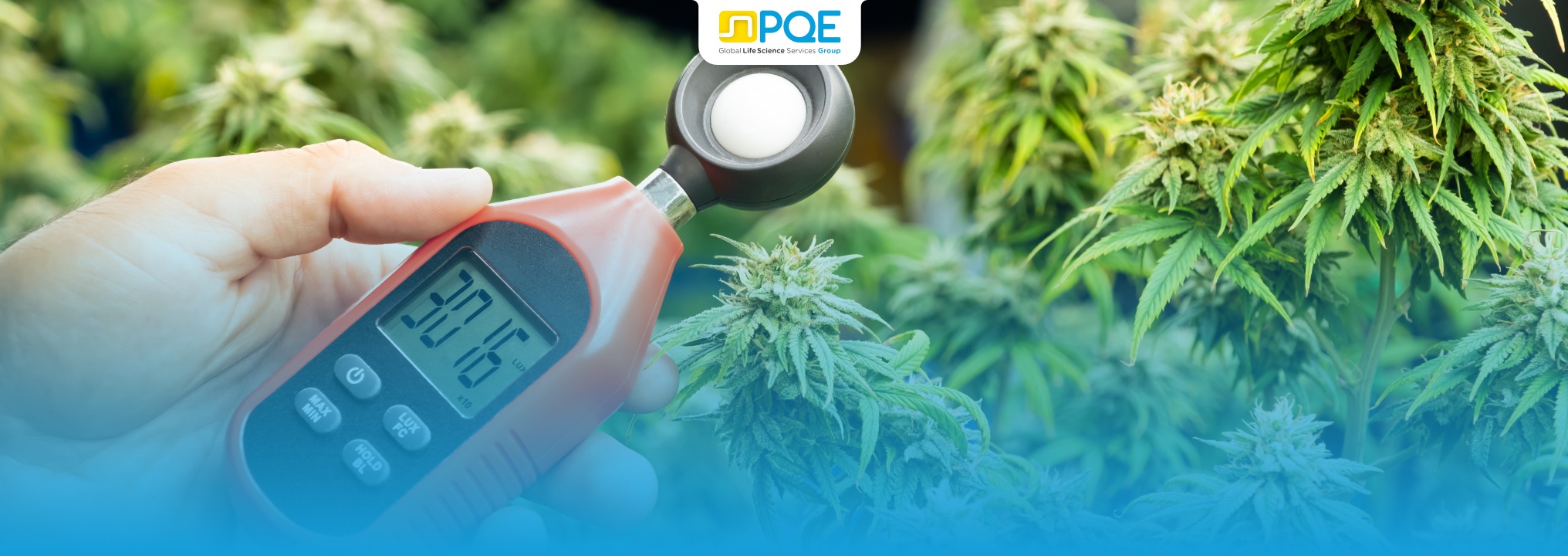Despite the use of cannabis in medicine stretching back hundreds of years, the modern integration and application of medical cannabis into the global health system have been off to a rocky start. While efforts to legalize medical cannabis are underway in most parts of the world, the misconceptions about how medical cannabis works have made it challenging for medical professionals to fully embrace its use and for patients to access it as a viable treatment option. In addition, the lack of quality and reliable data on the efficacy of medical cannabis and standardized testing has led to discrepancies in quality, dosage, and safety, further complicating its integration into mainstream healthcare.
Debunking The “One Dose For All” Misconception Using Genetic Screening
One of the common misconceptions about medical cannabis treatment is that people require and should respond universally to the same dose. Clinical trials have shown this not to be accurate, as the genetic differences in our DNA coupled with factors like age and enzymes have been shown to play a vital role in how our bodies react to medical cannabis. Due to these variables, the way patient A might respond to a lower dose might be different from how patient B reacts to the same dose, which means that to get the desired outcome in both patients, depending on their DNA and how their enzymes metabolize cannabinoids, one patient might require a higher dose to achieve the same result as the patient responding well to a lower dose.





